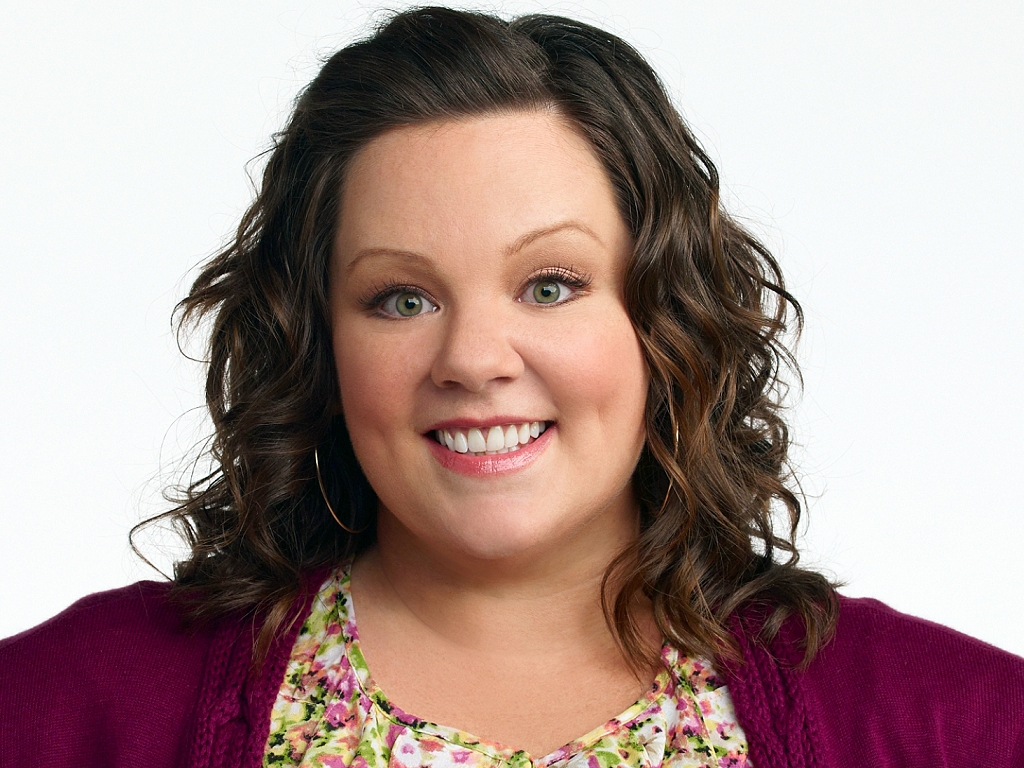Genre: Comedy
Premise: In a world where every person gets one “do over” in their life, a “Do Over” consultant must use the power to go back in time and stop his ex-wife from getting married.
About: Today is a little different. I read this script for notes awhile back and really liked it. It’s rare I like a notes script enough to review it on the site, but this just so happens to be one of those occasions.
Writer: Angela Bourassa
Details: 95 pages
The cool thing about giving notes to Scriptshadow readers is that Scriptshadow readers are typically some of the most educated amateur screenwriters out there. These are writers who are serious about their craft. And for that reason, when they send me a script, it’s not some 150 page wandasaurus rex coming-of-age autobiography. These are educated writers with a strong understanding of how to tell a story.
With that said, one of the biggest problems I see with these scripts is inconsistency. The writer will nail a scene, then fail a scene. He’ll get one character perfect, but never develop another one. The script will pop in some sections, and deflate in others.
It’s rare that I get a script where I can honestly say the writer is ready to take the leap into the professional ranks. But today is one of those times. Now, if I’m being honest, I don’t know if it’s this script. I’ve had discssuions with Angela about the script’s issues, and I’ve even sent it to some of my contacts, who have the same issues – that the concept is a bit complicated and takes awhile to set up.
But, I believe this script shows that Angela is ready to play in the big leagues. And I’ll get into why after the summary.
“Do Over” takes place in a world exactly like our own, except for one difference. Everybody in the world gets one “do-over” during their lifetime. I’m sure we’ve all wanted one of these – an opportunity to erase a terrible life-ruining day and do it all over again.
But with that big of a decision and with the stakes that high, people can’t afford to screw up their do-over. That’s where Rick comes in. Rick is a do-over consultant. He helps people decide if the mistake they made that day is worth using a do-over for.
On the day we meet Rick, Rick learns from an old friend that his ex-wife, Sarah, got married THAT DAY. Depressed as all get-up, Rick gets black-out wasted, only to wake up in his apartment with a loud large folksy Minnesotan woman telling him to get dressed and get ready.
This is Connie. Connie, a friend of Sarah’s, tells Rick that she used her do-over last night to give him another shot at Sarah before she gets married. But there’s a catch. He has to bankroll her life-long dream to be a plus-sized model, a once-in-a-lifetime opportunity she screwed up yesterday because of a number of factors. Her second shot at the audition is in 6 hours. It’s time to get going.
Rick spends the first part of the day trying to eject from this lunatic woman’s orbit, before realizing that the only way he’s finding out the location of his ex-wife’s wedding is through her. He reluctantly teams up with her, and the two experience a city-wide adventure, capped off by Rick’s big opportunity to get Sarah back. The question is: can changing one day really change your life?
 Melissa McCarthy for Connie – duh
Melissa McCarthy for Connie – duh
Do Over does a few things really well. The two main characters are great. And by that, I mean, they both stand out, particularly Connie, who’s probably the best female comedy character I’ve read, amateur or pro, in a year. It’s not just the characters as individuals though. It’s the way they contrast. It’s the way they play off each other. To Rick, Connie is a hideous creature who needs to be placed back in the zoo. To Connie, Rick is a capital “D” douchebag who needs to be yanked off the Douche Highway. This contrast and conflict makes the two irresistible to watch together.
The story itself is also very contained, lending itself perfectly to comedy. They get one day to both get their shit done, and time is always running out. Any time you write a comedy, it works best if the goal needs to be achieved immediately. It just puts the characters under more stress, and stress is a great way to squeeze comedy out of people. So short time frame plus fun characters plus tons of conflict between the leads – plus the fact that Angela’s just naturally funny – these are the things that made this script stand out.
Here’s the big problem with the script though, and something I’ve discussed with Angela. It partly goes back to what I was talking about the other day. This is a BROAD premise (there’s no such thing as getting a “do over”). So it requires the audience to make more of a leap to believe in what’s going on – something studios aren’t favoring at the moment. They want comedy premises that can exist in the real world.
But this isn’t the only problem. The premise here isn’t an easy one to explain. In fact, the first 20 pages of the script are dedicated to setting up the rules and backstory of the script. The first ten explains the do-over rules themselves and what Rick does. And then we need to explain how Connie met Rick last night, Connie’s extensive backstory, and what Connie needs help with today. It’s a long sequence of pure exposition followed by a long sequence of pure exposition, a double-death exposition sand trap.
It’s actually a testament to Angela that she’s still able to make the script work after that. I remember when I read the first act for the first time and I thought, “Jeez, this is a lot of information required to set up the story.” If I were a producer, I probably would’ve mentally given up on the script then. However, once that’s gone and we’re just following these two characters, the script becomes so charming and fun that you can’t believe how big of a 180 it’s pulled.
There’s definitely a lesson to be learned here, and one I think Angela would agree with. Overly complicated premises that require a lot of explanation are the mortal enemy of comedy. It’s pretty obvious why. They require you to reserve a large portion of your script just to explain what’s going on. If you’re funny, you can add little jokes to this explanation, but no matter how funny you are, you can’t mask the fact that you’re having to explain so much. So when you’re picking your next comedy script, take that into consideration. Simplicty goes a long way towards allowing you to focus on the comedy.
And with that, I turn to you, loyal Scriptshadow readers. I feel that once this script gets rolling, you see the talent on display. But I can’t shake the feeling that there’s a simpler way to explore this premise that would help this script go from good to great. Anyone have ideas on how to pull that off?
In the meantime, I’m including the script. And I’m encouraging those in the business to check out Do Over. Angela will be writing in the professional ranks within the next year or two, particularly with Hollywood’s increasing love affair for female-dominated comedies. Get her while you still can!
Script link: Do Over
[ ] what the hell did I just read?
[ ] wasn’t for me
[x] worth the read
[ ] impressive
[ ] genius
What I learned: The 3-Ply logline. Usually, a logline consists of two parts: the main character and the situation that character finds himself in. We can call this the 2-Ply approach. Here’s a 2-Ply logline for Taken:
(Ply 1) A former CIA agent (Ply 2) must find and save his teenage daughter when she’s kidnapped by a gang of ruthless criminals.
When you have a complicated world or idea that needs explaining, however, it forces your logline to become 3-Ply, since you now have to add a section where you explain the world. This makes the logline wordier and harder to digest. We can see this with Do Over.
(Ply 1) In a world where every person gets one “do over” in their life, (Ply 2) a “Do Over” consultant (Ply 3) must use the power to go back in time and stop his ex-wife’s wedding.
If you’re forced to write a 3-Ply logline, keep it as simple as possible. Don’t use a bunch of adjectives or tangents. Know that your logline is already a mouthful, and that keeping its pieces simple and to the point is the way to go. So, for example, this is how an inexperienced writer may write the logline for Do Over:
(Ply 1) In a world where every person gets one “do over” in their life, (Ply 2) a cocksure “Do Over” consultant who’s already used his own do-over (Ply 3) must count on the do-over of a random stranger he meets on a night of drinking to stop his ex-wife’s wedding, a stranger who’s going to make him jump through numerous hoops to get what he wants.


